The Airbnb Reality Check
Fri, Oct 11, 2024During the pandemic, with optimism running high, I bought a vacation property in the Laurentians. It was meant to serve two purposes: generate income through short-term rentals and create priceless family memories
The chalet (official website) has everything one could hope for: a picturesque waterfront location, a cozy log-cabin aesthetic, and modern amenities like a spa, 4K TV, and high-speed internet. For a time, the plan seemed flawless. The property generated $70k–$100k annually, covering the mortgage and allowing me to dream of scaling this venture into a sustainable, lucrative lifestyle.
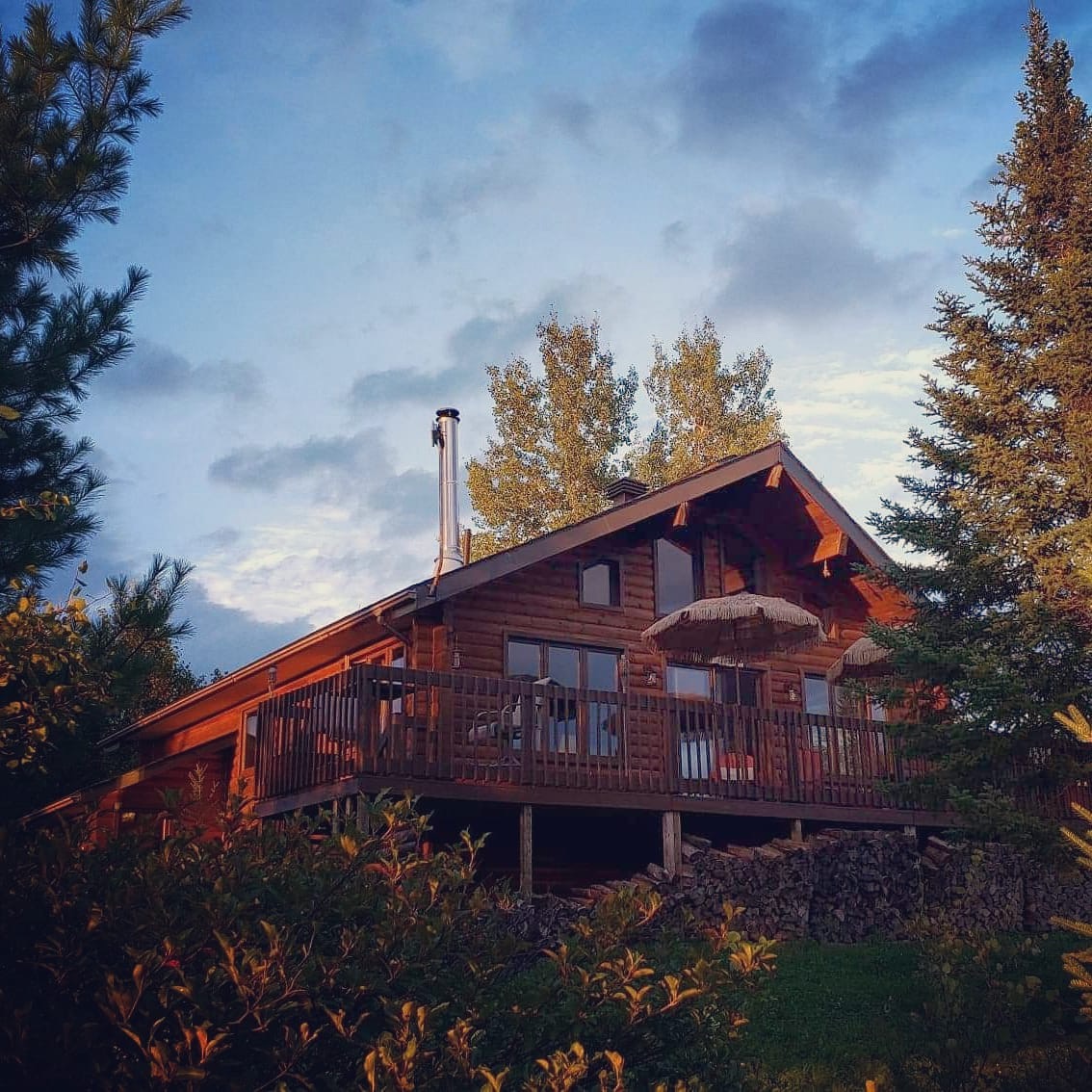 Your Typical canadian Log cabin in the Quebec laurentians
Your Typical canadian Log cabin in the Quebec laurentians
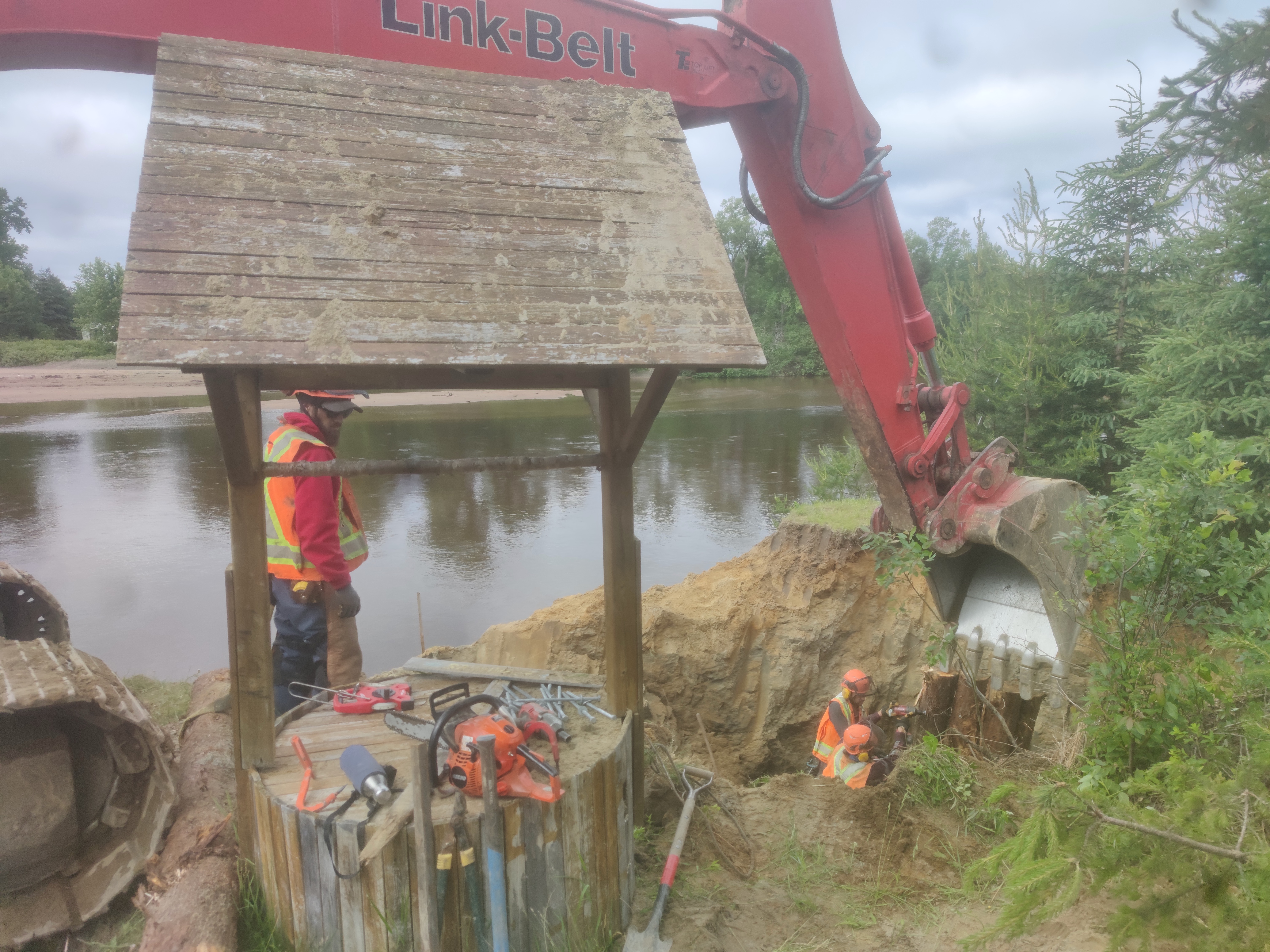 Erosion challenges: The water claims two feet of land annually, demanding significant upkeep
Erosion challenges: The water claims two feet of land annually, demanding significant upkeep
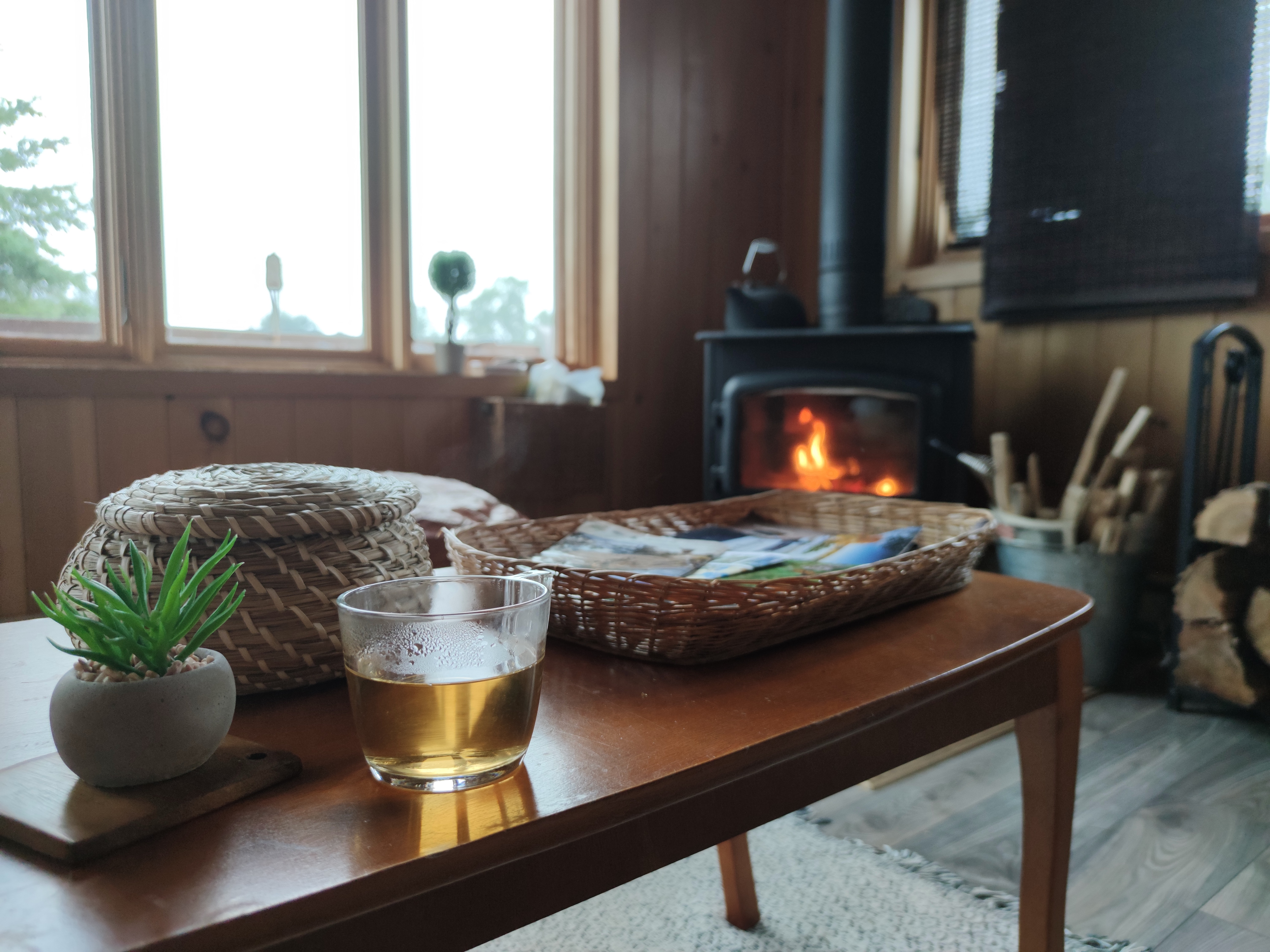 The chalet is a nice escape from busy city life
The chalet is a nice escape from busy city life
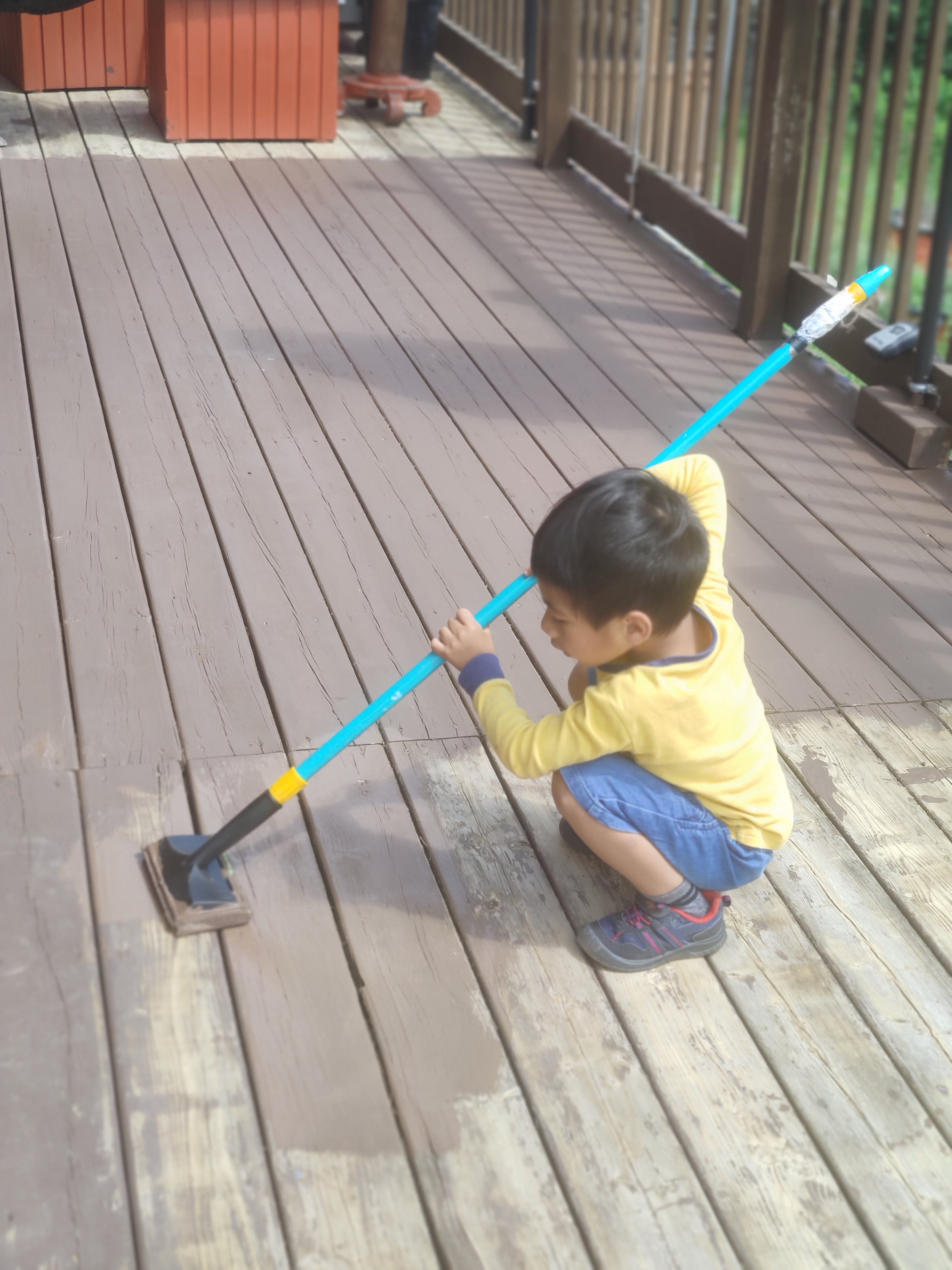 Everyone learns how to do stuff
Everyone learns how to do stuff
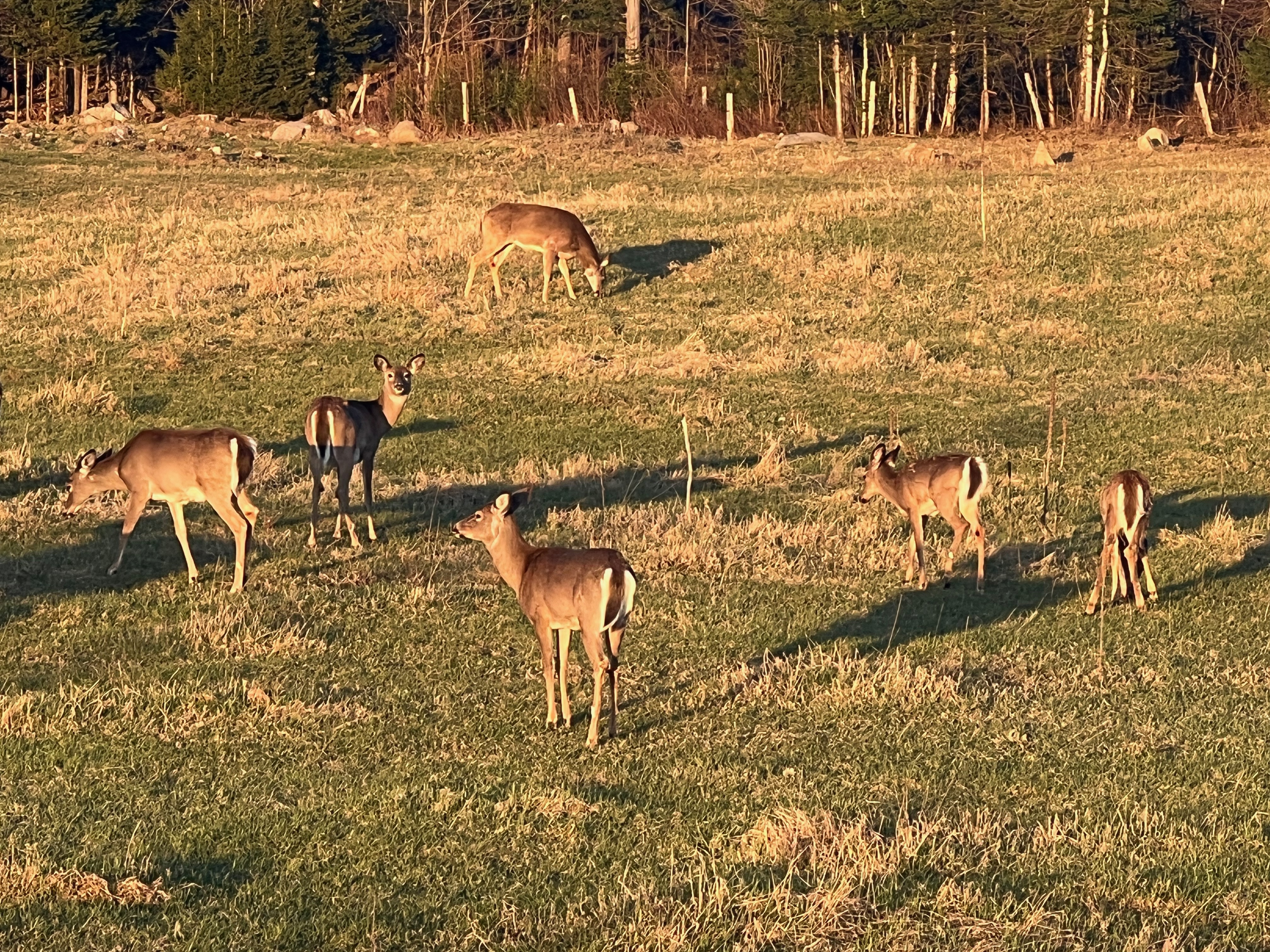 Deers, turkeys, beavers just outside
Deers, turkeys, beavers just outside
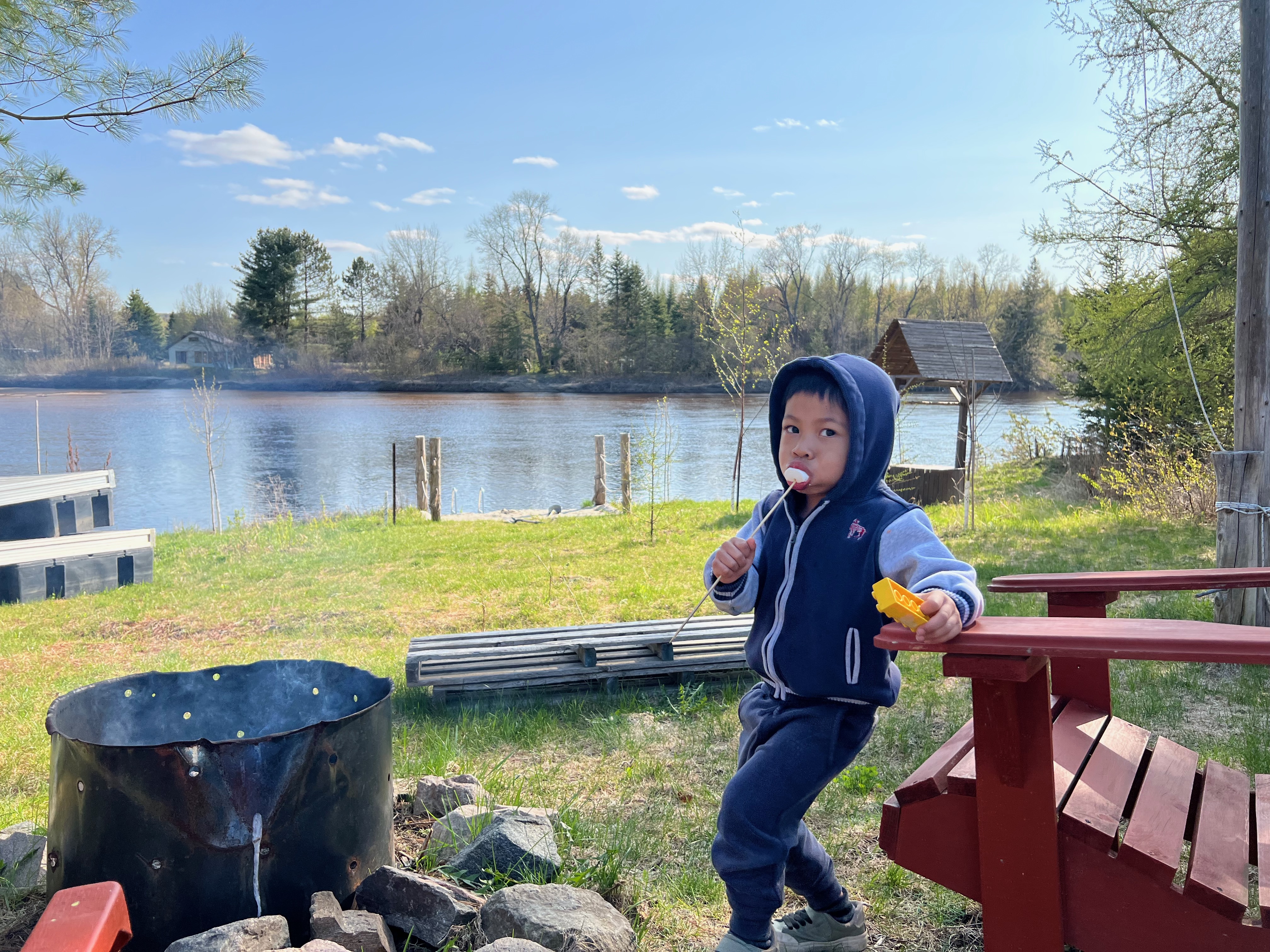 Marshmallow fun
Marshmallow fun
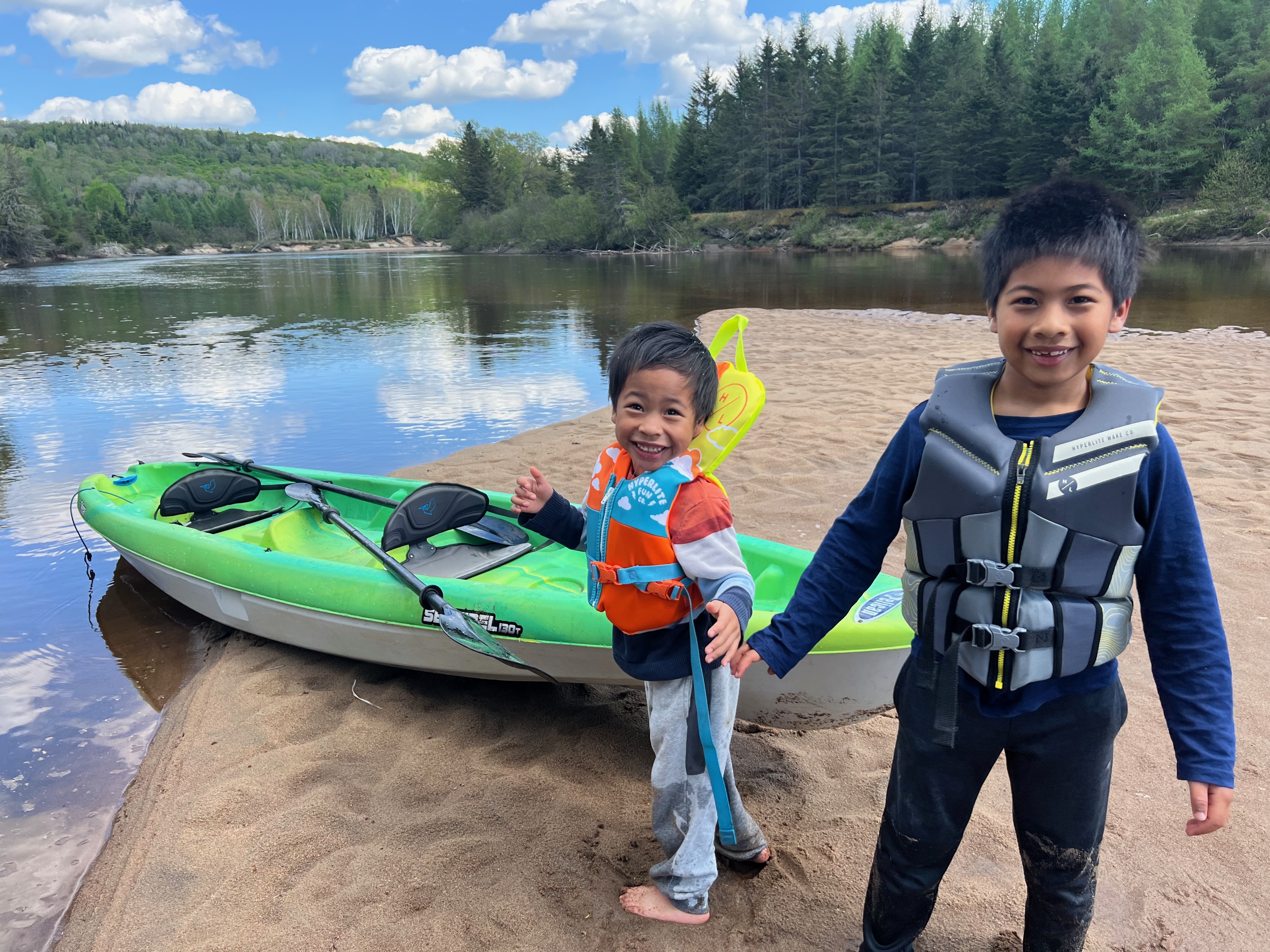 Paddling, swimming, and beach time
Paddling, swimming, and beach time
But dreams have a way of colliding with reality.
After four years and over 300 families hosted, I’ve learned that the glamorous vision of Airbnb ownership is a far cry from its demanding reality. Here’s what they don’t tell you:
- An Unyielding Commitment Owning a vacation property is not a side hustle; it’s a full-time responsibility. Issues arise without warning, from burst pipes to irate guests, and must be resolved promptly. There’s no “calling in sick” or pausing the operation.
- The Silent Sabotage of Wear and Tear Each guest leaves a mark, some visible, others discovered weeks later. Damaged furniture, stolen amenities, plumbing nightmares—claims processes rarely provide justice. Every season, repairs and replacements demand time and money.
- The Financial Squeeze What looks like a $70k revenue stream on paper dwindles when expenses are tallied: cleaning fees, renovations, property taxes, insurance, and an endless parade of consumables. Then there’s the rising tide of municipal fees and Airbnb’s hefty cut.
- Logistical Hurdles Travel to and from the property, especially with growing family commitments, adds to the strain. What began as a refreshing retreat now feels like a grueling commute through relentless traffic and construction zones on the A15
- Automation Myths From smart locks to dynamic pricing tools, technology promises ease but rarely delivers autonomy. Guests demand human attention, and maintenance always requires a personal touch.
- Marketing Demands Building a brand beyond Airbnb is vital but exhausting. Glamorous photoshoots, social media campaigns, and website optimization compete with the daily grind. And in hospitality, even the best product isn’t enough—perception is everything.
- Nature’s Relentless Battle Wildlife invasions, erosion of the waterfront, and the constant march of seasons each bring their own set of challenges. Nature doesn’t pause, and neither can you.
Adding to these operational woes is the broader economic climate. Inflation and rising interest rates are squeezing the very middle-class families this chalet was designed to serve. Occupancy rates have plummeted, and marketing campaigns alone won’t solve the problem.
The chalet sits quiet now, blanketed in stillness that feels like defeat. The bookings trickle in, barely enough to keep the lights on. Most would see the writing on the wall, cut losses, call the real estate agent, and walk away.
For for those unwilling to quit, there’s a different path – one paved with sweat and resolve. It’s not easy, reinvention is never is. There’s no guarantee of success, only the certainty of effort, sweat and risk. Bold ideas must meet tireless work. A re-imagined stay. A sharper story. A spark to reignite something worth sharing, and maybe learn a lesson or two in the process.
It’s not for everyone. I am not even sure if it is for me. But then again, easy rarely writes the stories that matters.